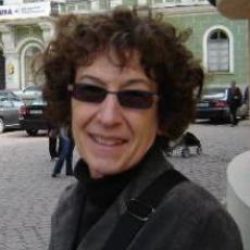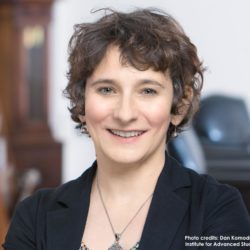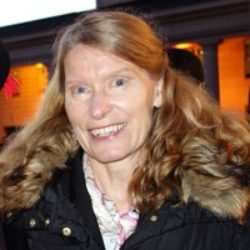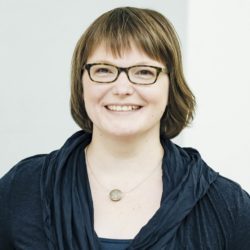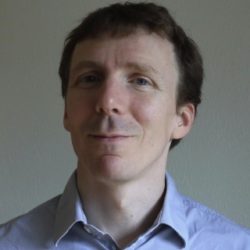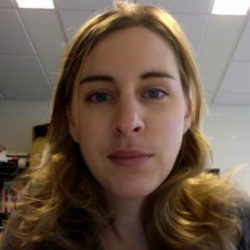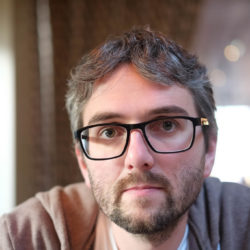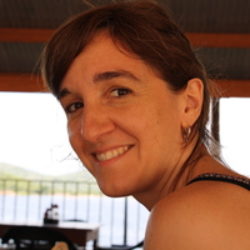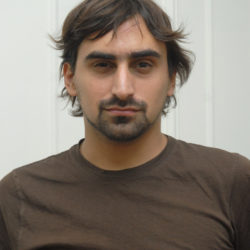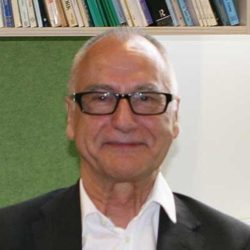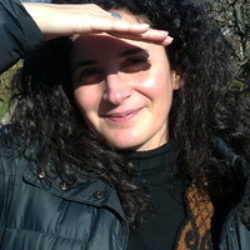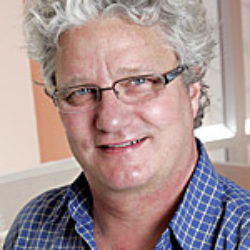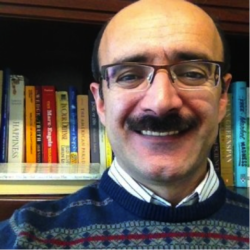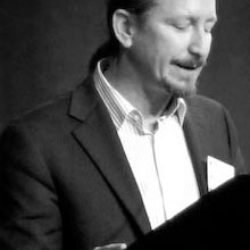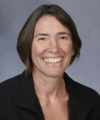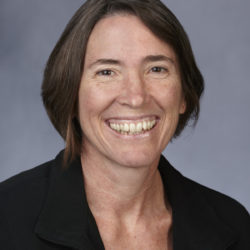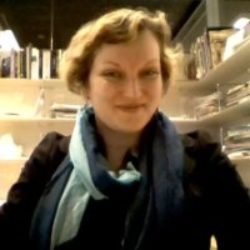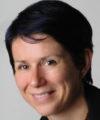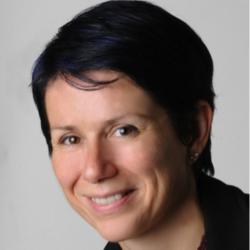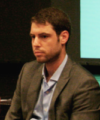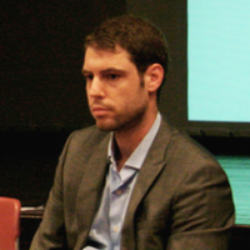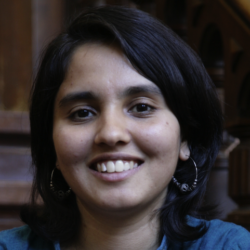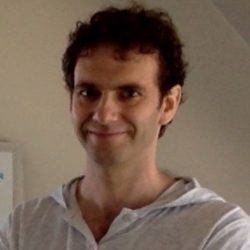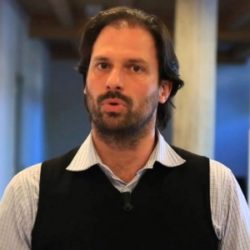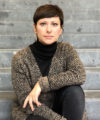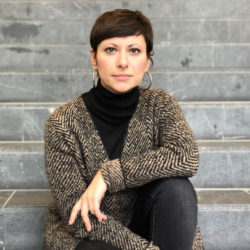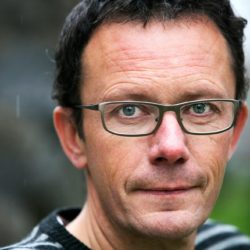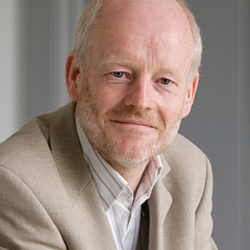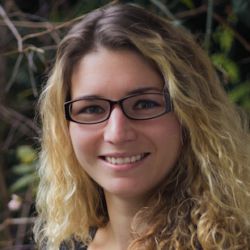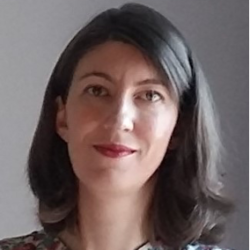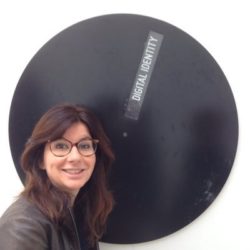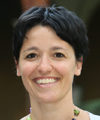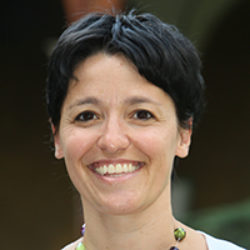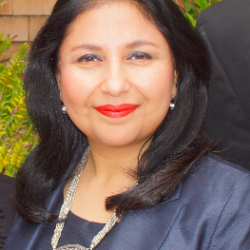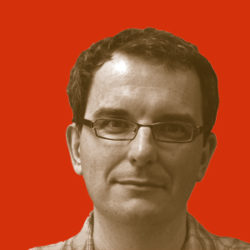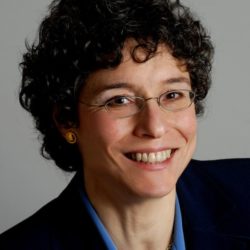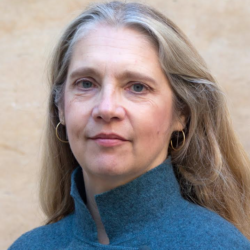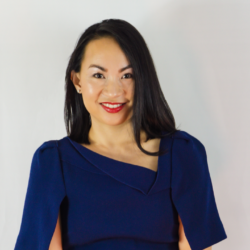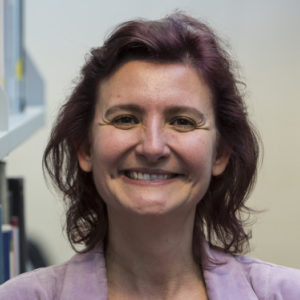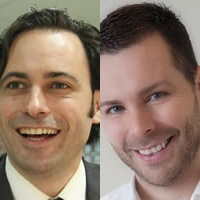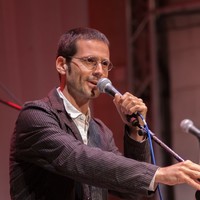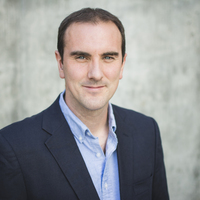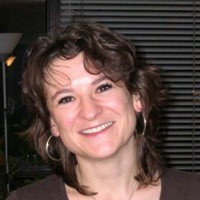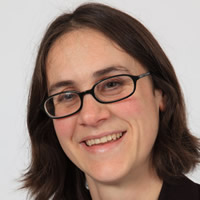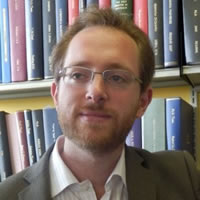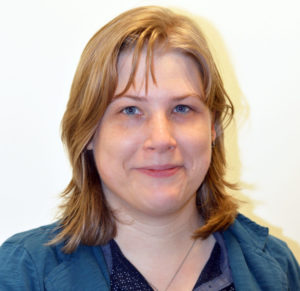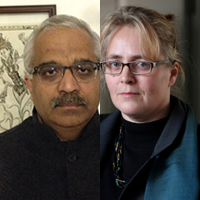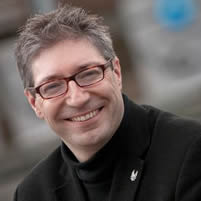2016 – Berkeley
Moral Economies, Economic Moralities
Theme Overview
Moral judgments that justify or vilify different economic arrangements on the basis of some final value are extremely common in the social sciences. Since the beginning of political economy, market institutions have elicited strong and rival views across a broad spectrum of positions. Those who marvel at the coordinating power of the invisible hand confront those who revile capitalism’s inherently exploitative nature. The celebration of efficiency faces the condemnation of waste. And democratic interpretations of laissez faire meet the hard reality of growing social inequalities. There is no economy that is not political and moral at the same time.
Social scientists, of course, are not the only ones to judge the economy while living in it. E.P. Thompson famously coined the term “moral economy” to denote the inchoate feelings and obligations that orient workers, and make them see certain courses of action (such as riots) as legitimate or illegitimate. To the extent that individuals and institutions act on them, those judgments help constitute economic lines of action, too.
Finally, economic instruments and technologies lay down, and perform, moralized rules about what is expected of economic actors. All exchange systems embed implicit or explicit codes of moral worth in their specific designs and rules; all economic institutions make and remake kinds of moral beings by shifting their classificatory schemes or treatment algorithms. These “economic moralities,” typically fashioned by the action of markets and states, interact more or less peacefully with people’s “moral economies.” Indeed many of today’s pressing political conflicts may be understood in terms of the hiatus between these two social forms.
The 2016 SASE conference in Berkeley, California, hosted by the University of California, Berkeley from 24 – 26 June 2016, will seek contributions that explore the relationship between economy and morality from a variety of disciplinary and methodological perspectives, reaching back to SASE’s origins and moving forward into new territories. Fiat Lux!
SASE/Berkeley Program available here.
President and Program Director
Local Organizing Committee
- Neil Fligstein
- Heather Haveman
- Annalee Saxenian
Getting to the Conference
SASE will take place on the University of California, Berkeley campus, with meetings and events in several different buildings. Registration will take place in the Tilden Room, on the fifth floor of the Martin Luther King, Jr. Student Union/ASUC building (star 2 on the map below). If your hotel is further than a walk away, we recommend using Bay Area Rapid Transit (BART subway train) or the AC Transit buses to get to the conference, as parking near campus is scarce and can be expensive. The Downtown Berkeley BART station is marked by star 1.

By Public Transportation from San Francisco International Airport. Take the yellow line Pittsburg/Bay Point BART train from the airport and switch to the red or orange line Richmond train at the Daly City, 19th Street/Oakland, or MacArthur stations, and get off at the Downtown Berkeley station.
By Public Transportation from Oakland International Airport. Take the BART train from the airport to the Coliseum station and switch to the orange line Richmond train, and get off at the Downtown Berkeley station.
Getting to Berkeley from San Francisco. The best way to get to the ASUC is via Bay Area Rapid Transit (BART). From any BART stop in downtown San Francisco, you can take a Richmond (red line) train to the Downtown Berkeley (NOT North Berkeley) stop, or you can take a Pittsburg/Bay Point (yellow line) train to 19th St. Oakland, and transfer there (by walking across the platform) to a Richmond train, and get off at Downtown Berkeley. From the BART station, it is a 12-minute walk to the ASUC.
Getting to Berkeley from Oakland. You can take BART from any of the Oakland stops. Take a Richmond (red line) train to the Downtown Berkeley stop. Several bus lines also run from Oakland to campus, including the 1, 1R, and the 18.
For more information about BART, including a mobile trip planner, visit www.bart.gov. You can purchase BART tickets at ticket machines inside any BART station. Tickets are priced by distance traveled, which is posted on the machines. For more information about bus service, visit the AC Transit website at www.actransit.org.
Event Locations on Campus
Below is a zoomed-in map of campus, with the locations of various conference events marked by stars. Registration, the banquet, and hospitality space are located in the Martin Luther King, Jr. Student Union/ASUC building (1). Conference sessions will take place in Barrows Hall (2); South Hall, Stephens Hall, and Moses Hall (3); Dwinelle Hall (4); and Evans Hall (5). Hospitality space is also located in South Hall. The welcome reception will take place on the Haas patio (6).

Eating Around Campus
Coffee and bottled water will be available throughout the conference in the two hospitality spaces (ASUC/Tilden room and South Hall Lounge). For lunch, there are a number of options on Bancroft Street and Telegraph Avenue, including Café Milano, Julie’s Café, Free House, Tako Sushi, and the Musical Offering Café. There are also a number of options on campus, including Café Zeb (located inside the School of Law, closed Saturday and Sunday), the Free Speech Café inside Moffitt Library, the Bear’s Lair near the ASUC building, as well as a food court in the bottom floor of the ASUC building.
Bay Area Hotel Recommendations
There are many hotel options in Berkeley, Oakland, and San Francisco. Below, we offer more information about the locations of the hotels featured on the SASE website. To get to any of these hotels from the airports (SFO or OAK), use BART.
When booking, keep in mind that it takes 20-40 minutes to shuttle from San Francisco or Oakland to Berkeley (and vice versa) on the BART public transportation system.
Hotels directly on campus
The Faculty Club
The Women’s Faculty Club
Hotels that are a short walk to the conference
Berkeley City Club
Hotel Durant
Bancroft Hotel – Berkeley
The Berkeley YMCA
Rose Garden Inn
Berkeley Lab Guest House
Hotels that are a long walk to the conference
Hotels that are a train/bus ride away
Oakland Marriott City Center
San Francisco Hyatt Embarcadero
Other Options
There are many other hotel options in Oakland and San Francisco. We suggest however that you reserve a hotel very near a BART station. There are, for instance, a number of hotels near the Powell and Montgomery BART stations in San Francisco, including the Omni San Francisco ($$$), The Inn at Union Square ($$), The Galleria Park Hotel ($$), the Parc 55 San Francisco Hilton ($$), and the Grand Hyatt San Francisco ($$$). There are also other hotels near the 12th St Oakland City Center BART stations in Oakland, including the Courtyard Oakland Downtown ($$), and the Clarion Hotel Downtown Oakland City Center ($$).
You can also reserve rooms or entire apartments in residential properties via Airbnb. Please note that Berkeley has a lot of hills. Be sure to consider that when you consider distance to campus. North or East of campus is most likely uphill from campus and can be quite steep.
Things to Do in the Bay Area
In Berkeley
Berkeley Art Museum and Pacific Film Archive. Located in Downtown Berkeley.
The Berkeley Campanile. This iconic tower is located in the center of campus. For a few dollars, you can take an elevator to the top for commanding views of Berkeley and the Bay.
Hike or picnic in Tilden Regional Park, located in the hills above the Berkeley campus, or take a hike elsewhere in the Bay Area.
Drink great coffee. The original Peet’s coffee on Shattuck Avenue in Berkeley’s “gourmet ghetto” was the inspiration for Starbucks. Popular local franchise Philz Coffee is also on Shattuck near Peet’s.
Reserve a table at Chez Panisse. Alice Water’s original restaurant, where she pioneered new California cuisine. Chez Panisse features a prix-fixe restaurant downstairs and a more moderately priced café upstairs. Reservations recommended. Located at 1517 Shattuck Avenue.
Catch a concert at Freight & Salvage. Featuring folk, alternative, and world music acts in a beautiful venue with affordable ticket prices. Located in Downtown Berkeley.
In Oakland
Visit Lake Merritt. A walking/running path surrounds the lake. You can stop for a drink and a snack at the Lake Chalet.
The Cathedral of Christ the Light, an architecturally impressive church on Lake Merritt.
The Oakland Museum of California. Located in downtown Oakland and featuring a variety of temporary and permanent exhibitions on the history of California.
Yoshi’s. A jazz venue, bar, and restaurant at the edge of Jack London Square in Oakland.
Check out San Francisco Magazine’s special issue on Oakland for more!

